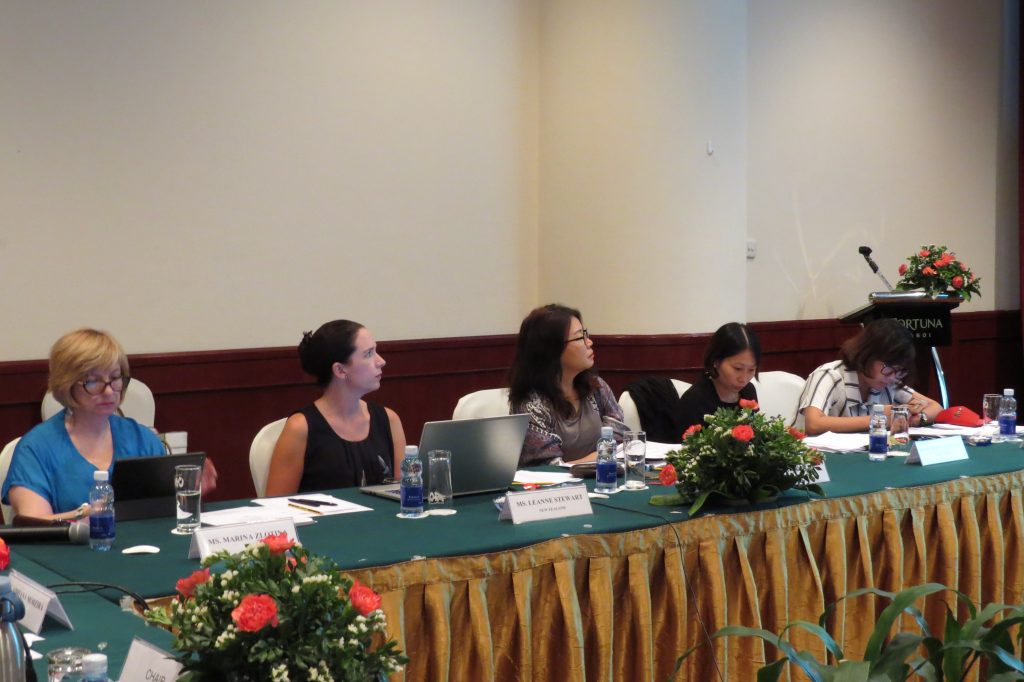How do you ensure that your country’s consumers get food that’s safe to eat “safe” according to the norms you consider applicable? At the same time, how can you ensure that strict health and safety regulations are not used to cover domestic directors? The Accord on the Perpetration of Duly Sanitized and Phyto-aseptic Measures establishes the autorizaciones sanitarias for food safety as well as animal and factory health norms. It allows countries to establish their own standards for approving sanitariums. Still, it also states that regulations must be grounded in wisdom. They should only be used when necessary to cover sentient, living brutes or flowers’ health or safety. They should also not make distinctions aimlessly or unreasonably between countries that have identical circumstances.
Protectionist programmes or defensive measures?
Sanitary and phytosanitary measures, by definition, may affect trade restrictions. All governments recognise that some trade restrictions may be needed to ensure food safety and the health of creatures and shops. Still, governments are occasionally pressed to go over and beyond what’s needed for health protection, using aseptic and phytosanitary restrictions to cover domestic directors from profitable competition. As other trade walls are reduced as a result of the round of agreements, similar pressure is likely to increase. An aseptic or phytosanitary limitation that isn’t presently demanded for medical reasons could be a veritably effective trade protectionism contrivance, as well as an especially deceiving and complicated interference to challenge due to its specialised sophistication.

Characteristics
All countries maintain safeguards to ensure consumer safety and to help the spread of pests and diseases among creatures and shops. These autorizaciones sanitarias measures can take numerous forms, such as examining products, taking specific treatment or processing of products, establishing permissible outside situations of fungicide remainders, or allowing only certain complements to be used in food. Aseptic (mortal and beast health) and phytosanitary (factory health) measures apply to domestically produced food and original beast and factory conditions as well as imported products.
The Aseptic and Phytosanitary Measures Agreement (SPS) expands on former general agreement rules to limit the use of unwarranted, duly sanitized, and environmental safety measures for bilateral trade. The introductory thing of the SPS Agreement is to save any government’s licit power to give the position of health protection it could include, while also making sure that these autonomous powers aren’t used for mercantilist reasons and don’t affect gratuitous walls to transnational trade. The SPS Agreement motivates governments to establish nationwide SPS initiatives that are consistent with the principles, recommendations, and advice.



